Here’s a quick roundup of some good books I read this month, featuring Jorge Luis Borges, Anne Tyler and more.
I decided this month that I really don’t need to know the latest appalling thing that Donald Trump or Boris Johnson has said or done. It’s not that I’m avoiding reality—it’s just that I’m giving myself a break from the day-by-day, hour-by-hour, minute-by-minute horror of it all, and trying to focus more on the big picture. You can still tell the time without needing to watch the second hand going round and round.
As a result, I’ve had a good month. I’ve made progress on my next novel, written an article for The Wall Street Journal, read a lot of good books, and generally felt less despairing about our prospects as a species.
Here’s a quick roundup of some good books I read this month.
Collected Fictions by Jorge Luis Borges
This is the book that first defeated me on this blog, back in 2009. I’d intended to review every book I read, but how can you summarise this massive collection of multifarious fiction into a blog post? Needless to say, I can’t condense it into a paragraph either, but I’m glad I unearthed it from storage and reread his strange tales of labyrinths and libraries, knife fights and metaphysics. Reading Borges, for me, shifts the boundaries of what’s possible in fiction.
Digging to America by Anne Tyler
Anne Tyler is more or less the literary opposite of Jorge Luis Borges, but I love her writing too. Whereas Borges plays with form and frustrates expectations, Tyler just tells a traditional chronological story and tells it really, really well. The characters feel so real, the situations they find themselves in are so compelling, and the insights into immigration and identity slip in unnoticed by the back door.
The Big Gamble by Milena Belloni
What makes thousands of Eritreans risk their lives to flee to Europe? Ethnographer Milena Belloni spent years in the field, both in Europe and Africa, putting together a detailed picture of why people leave and what they’re hoping to gain. The result is a much more nuanced picture than you get from the sloganeering that often passes for an immigration debate in Europe.
Snow, Dog, Foot by Claudio Morandini
If you think Covid-19 lockdown is bad, try surviving for months in an Alpine hut that’s buried under snow, with just a stray dog and a barn full of potatoes for company. Now imagine that you’re slowly losing your grip on reality. And then, when the snow starts to melt in spring, you see a human foot poking out of the ice. That should give you a taste of this wonderfully claustrophobic novella, ably translated from the Italian by J Ockenden.
On Black Sisters’ Street by Chika Unigwe
This was a moving and well-written novel about four women who make the journey from Nigeria to the red light district of Antwerp. They’ve always hidden their pasts, but when one of them, Sisi, is murdered, it prompts the other three to tell each other their stories. And a nice twist is that Sisi has been planning to leave behind her sex-worker identity and find a new life under her original name of Chisom. So we don’t know until the final pages whether Sisi’s death is literal or metaphorical.
The Verdict
A great reading month for me. Borges is one of my favourite writers, so of course his collection was my favourite book this month, but the others gave him a good run for his money. I’d recommend all of them.
What did you read this month? Any recommendations you’d like to share? Let me know in the comments. And you can find more book bloggers’ monthly roundups here, or read some of my previous reviews and roundups here.

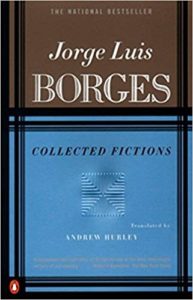
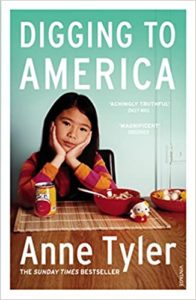
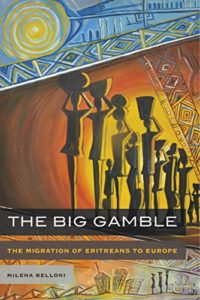
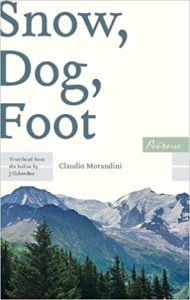
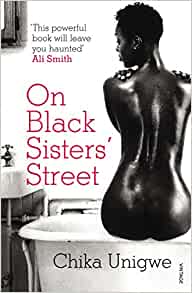


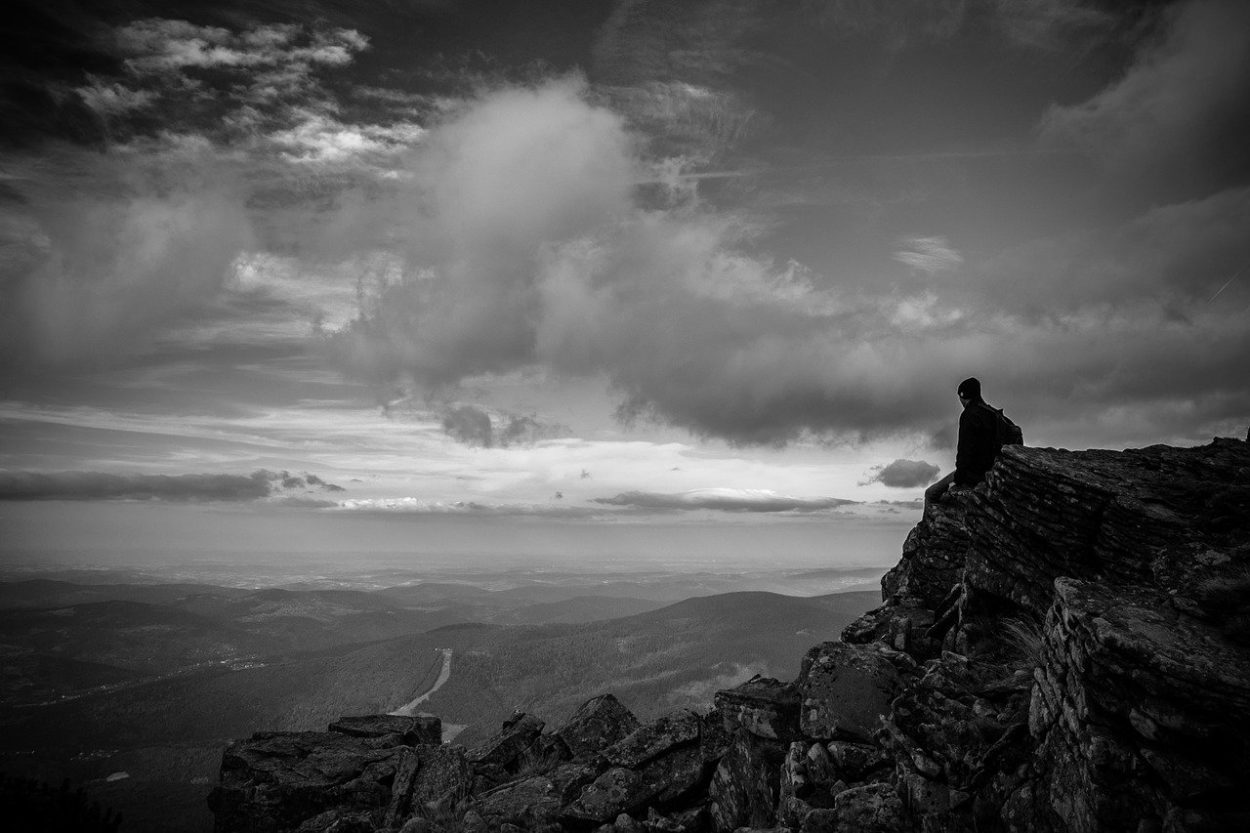
There are 5 comments
You’ve been doing some varied and good reading! You remind me that I started reading Collected Fictions–let’s just say a while ago–and then let it get buried by a bunch of other books. I should pull it from the bottom of the pile and get back to it. Snow Dog Foot sounds really good but not during COVID time, I feel most days that I am barely hanging on to reality as it is. :p
Good to hear from you, Stefanie! Yes, it was a good reading month. Hey, I know what you mean about barely hanging on to reality 🙂 Snow Dog Foot’s publisher, Peirene Press, publishes on a different theme every year, and the one they chose (way in advance) for 2020 was “Closed Universe”. Did they know something? 😉
As usual, an impressive and varied lot! I found that particular Tyler interesting because I thought it was “just fine” for the longest time while reading, and then found it unexpectedly and wholly moving; I hadn’t realized that I was actually becoming quite attached to the characters along the way, while it all seemed very ordinary. That’s why I love her. (I’ve read the Borges too. And also would have no idea how to encapsulate that reading experience!) What’s the writing style in The Big Gamble like? Don’t worry, you won’t put me off: I just have to keep more academically styled volumes for a particular reading mood.
Yes, that was exactly my experience, both with this and with other Anne Tyler books. I tend to listen to them on long road trips, and the story just bowls along nicely without seeming that special, and then the deeper layers of character and theme just seem to creep up on me!
I’d say the writing style of The Big Gamble is academic in the sense of being quite functional and unadorned, but it’s also quite readable—not that kind of dense, jargon-filled, headache-inducing stuff that academics can sometimes produce. Most of the book consists of the author telling stories about the people she met and the situations they were in, and then tying that into her wider themes and arguments. So there’s some theory mixed in with some real-life stories, making it quite engaging and easy to read. Hope that helps!
A motivating discussion is definitely worth comment.
I do think that you should write more on this topic, it may not be a taboo matter but typically people don’t discuss these issues.
To the next! Cheers!!